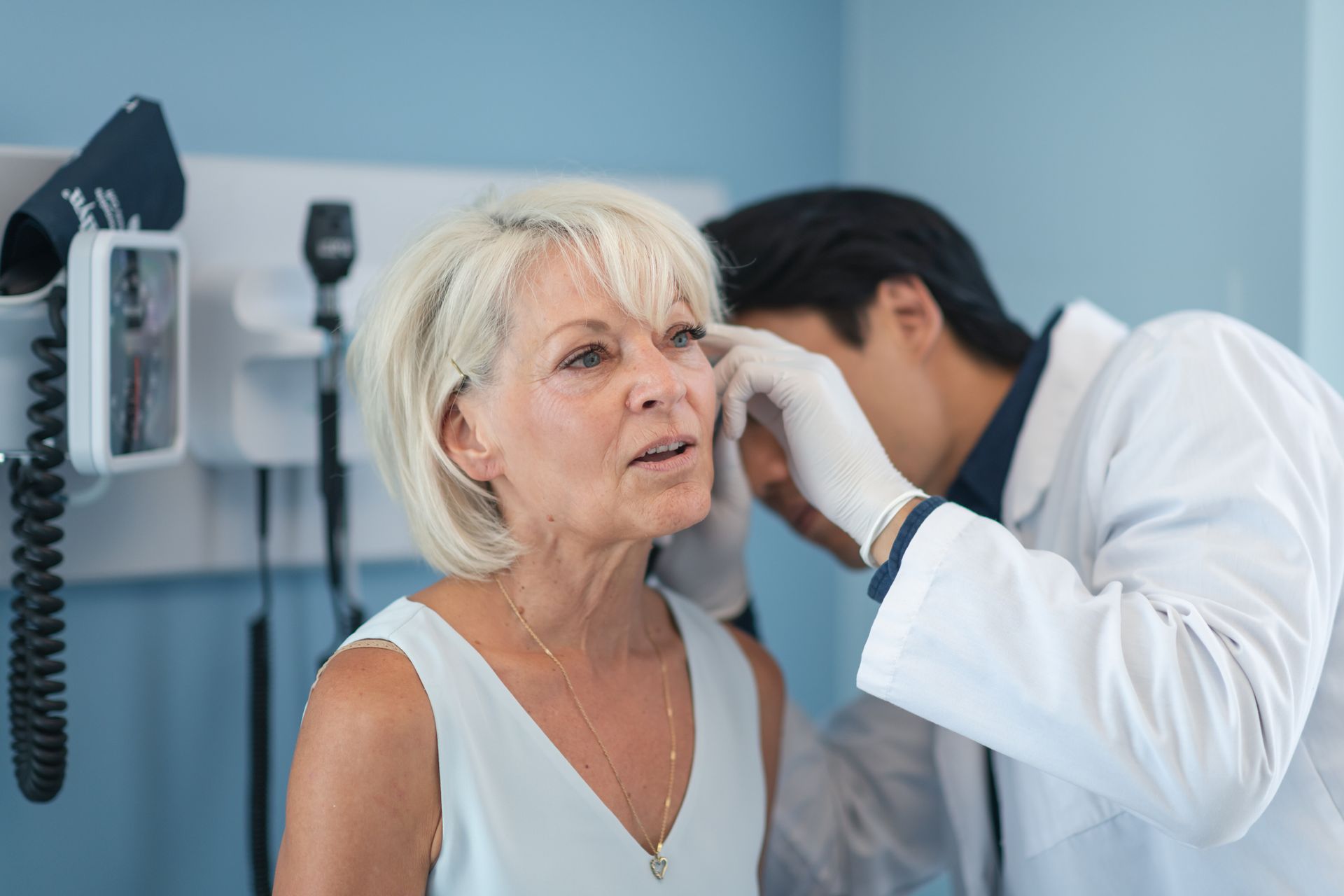4 FAQ About Seasonal Affective Disorder
Winter is almost here, which means the days are getting shorter and millions of people are starting to feel somewhat less content or resilient due to seasonal affective disorder (SAD). This condition is still the subject of research and not widely understood among the public. If you’re wondering what it is, whether you’re at risk of this condition, and when to see a doctor, take a look at the answers to some common questions about it.
What You Should Know About Seasonal Affective Disorder
What is it?
SAD is a form of depression which fluctuates in line with the seasons. The symptoms are usually more apparent and more extreme in the winter, which is why it’s commonly called “winter blues” or "winter depression.” The medical term for this condition is major depressive disorder (MDD) “with seasonal pattern.” “Seasonal affective disorder” is actually an outdated term, but doctors still use it when speaking to their patients, as it’s better known.
What causes it?
The exact cause of seasonal affective disorder is still unknown. However, it’s currently believed that it could be linked to hormonal changes brought on or influenced by lower sunlight levels in the winter. Reduced sunlight is thought to lower the production of mood-regulating serotonin and melatonin, which affects sleep cycles and mood.
What are the symptoms?
The most common symptoms experienced by those affected by SAD include feelings of depression and irritability, drowsiness or low energy, weight gain, sleep changes, difficulty concentrating, and lack of interest in previously enjoyable or engaging activities. Many of these symptoms are shared with other forms of depression, so as soon as you notice any of them, it’s a good idea to schedule an appointment with your doctor to discuss your risk of SAD.
How is it treated?
Treatment for seasonal affective disorder will vary depending on the severity of the symptoms. In more serious cases, a doctor may prescribe antidepressant medications. Alternatively, they may recommend increasing your vitamin D intake through supplements or a diet rich in foods like oily fish. Other treatments include talk therapy, light therapy, and regular exercise.
If you’re concerned about feelings of depression this winter, don’t hesitate to turn to the compassionate team at Northwest Community Health Center in Libby, MT, for help. These doctors offer an extensive range of health care services, including counseling and mental and emotional care, to help patients throughout the area. Call (406) 283-6900 to schedule an appointment, and visit them online to learn more about their services.














